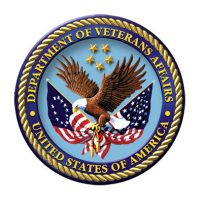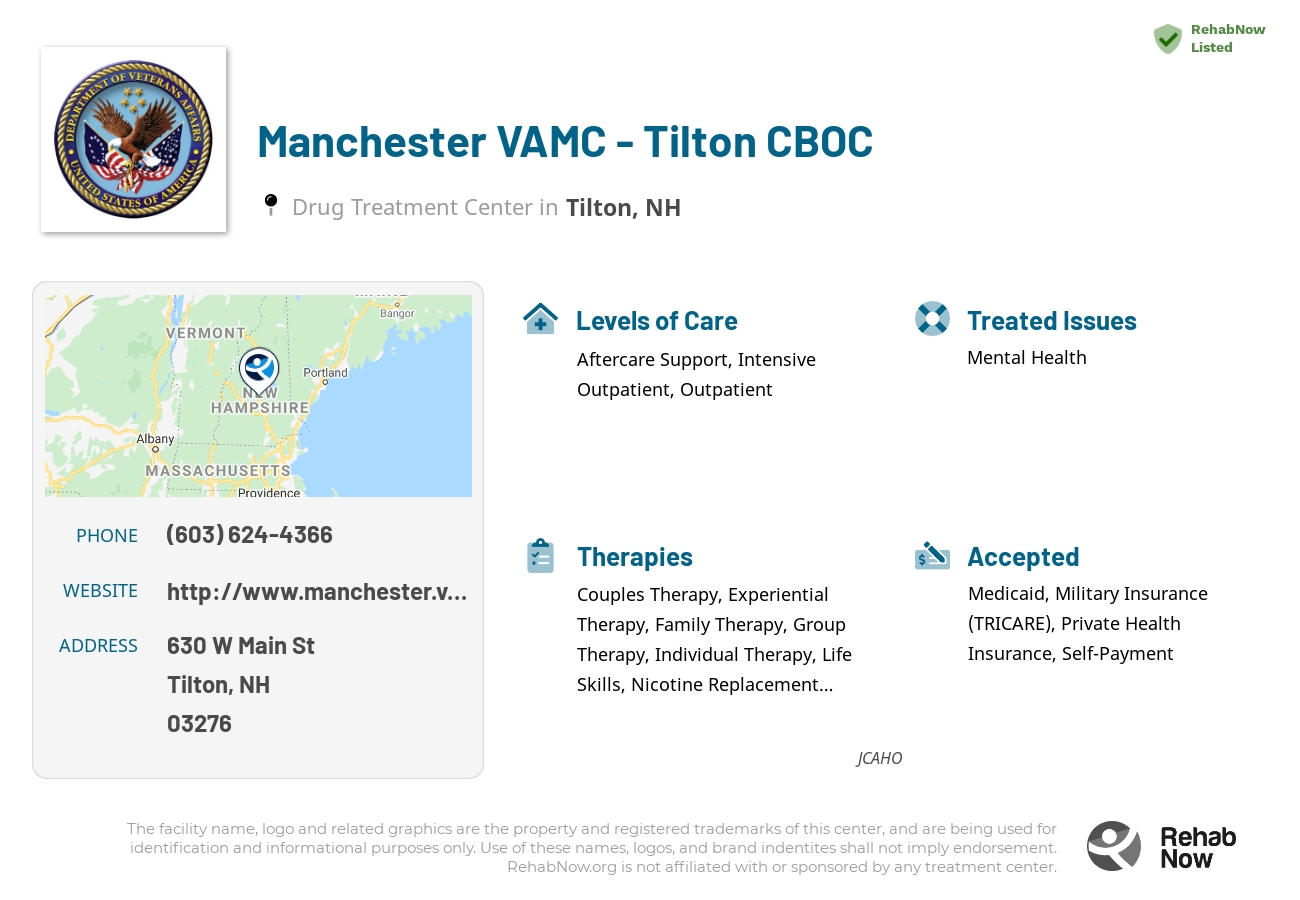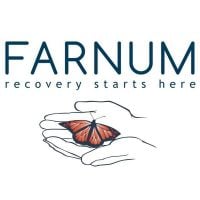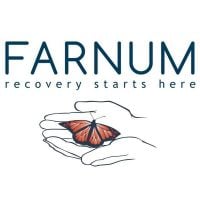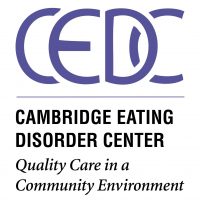Manchester VAMC - Tilton CBOC
Drug Rehab Center in Tilton, New Hampshire
Manchester VAMC - Tilton CBOC provides counseling and mental health services for veterans and active military personnel, as well as people in the surrounding civilian community, with a team of experienced professionals specialized in treating addiction and mental health issues.
About
Manchester VAMC - Tilton CBOC, located in Tilton, NH, is a standout facility primarily dedicated to the mental health and substance abuse treatment of veterans and active military personnel, though it extends its services to the surrounding civilian community. This facility stands apart for its veteran-focused integrations of care, including specialized rehabilitation tailored to the unique needs of veterans.
- Veteran-Centric Care: Dedicated to serving those who've served, offering personalized treatment plans.
- Comprehensive Treatment Options: A breadth of services from counseling to Intensive Outpatient Programs (IOP) caters to various stages of recovery.
- Family Inclusion: Offers family therapy and support, recognizing the importance of a supportive environment in recovery.
Manchester VAMC - Tilton CBOC is not only CARF accredited but also holds licensure from the State of New Hampshire as a substance abuse treatment provider. The commitment to excellence in care is underscored by their receipt of the U.S. Department of Veteran's Affairs' 2012 Mental Health Partnership Award, reflecting their high standards and effectiveness in treatment delivery.
Focusing on addiction and mental health issues, Manchester VAMC - Tilton CBOC delivers a suite of services including individual and group counseling, medication management, and psychoeducational services. Through employing various levels of care, including outpatient and intensive outpatient services, they cater to a wide range of needs for those struggling with substance abuse and related mental health issues.
Genders
Ages
Modality
Additional
Accreditations

JCAHO
Conditions and Issues Treated
Levels of Care Offered
This center offers a variety of custom treatment tailored to individual recovery. Currently available are Aftercare Support, Intensive Outpatient, Outpatient, with additional therapies available as listed below.
Intensive Outpatient Programs are similar to partial hospitalization, but they don’t require the patient to go home each night.
This means that while they have to attend meetings and receive other types of help at the facility, addicts are allowed to keep their jobs or continue with school without having to miss their classes or work opportunities. This is a great option for those who can’t take time away from their jobs or schedules to attend a treatment program.
During this type of program, the addict will be required to meet with counselors and other types of professionals throughout the day. This will help them stay on track and prevent them from relapsing after they leave the facility.
An outpatient treatment program is set up to help with alcohol or drug addiction or a co-occurring disorder. The treatment must attend the treatment facility for their therapy and other programs but return home each night. The frequency of mandatory attendance decreases after much of the treatment program is complete. The treatment programs are monitored by the treatment facility and case managers who work for a judge or judge’s office. A treatment program may be performed out of a treatment facility, treatment clinic, or treatment center.
The benefits of outpatient treatment programs are many. One of the most beneficial treatment programs is that it allows treatment for clients who cannot afford or may not be able to attend treatment at a treatment facility, treatment center, or treatment clinic full-time. Another benefit of treatment programs is that they reduce crime rates because treatment allows people to treat their addiction.
Recovering drug addicts need aftercare support when they leave treatment. The support can include guidance through 12-step programs, outpatient rehabilitation programs, and support groups. Aftercare supports the individual in their desire to maintain sobriety by reducing relapse risk with positive choices.
The success of drug treatment does not end when the addict leaves the rehabilitation center. There is no such thing as a “one and done” type of rehabilitation process. Recovery is a lifelong journey that begins with treatment and continues by the addict committing to outside support groups or drug rehab programs.
When choosing a program, it is crucial to choose one that will provide long-term aftercare support. This ensures that you have the tools you need to sustain your recovery.
Therapies & Programs
Individualized Treatment is essential because it gives addicts the ability to participate in a program that meets their unique needs. An addict should work with professionals who understand what they’re going through, especially if the addict is actively using. Finding the right treatment program for an addict is difficult, but it’s even harder without communicating with those who have experience treating your specific situation.
Couples therapy is a treatment approach where the patients and their partners are engaged together. When a person becomes a victim of substance abuse, it affects the patient and his people, particularly his partner. Their relationship can become strained due to lack of communication, financial issues, loss of trust, lack of intimacy, and physical abuse in more severe cases. Couples therapy addresses these issues and tries to rebuild the trust between the partners. The partner’s involvement in the process will result in greater chances of treatment success and sustained recovery.
The therapies typically involve all family members, potentially including siblings, children, and parents who play a role in their daily lives. These sessions can be essential because they address past issues that may have affected an addict or alcoholic’s recovery process. They provide support during this time when it is needed most!
A family therapy session, often called a family meeting or intervention, is a necessary process that helps loved ones of addicts see their situation in a new light. It’s also one of the most challenging things families will ever have to do when they’re facing a loved one battling addiction or alcoholism.
Group therapy sessions provide recovering addicts with a chance to cope with everyday situations that many face. Group therapy sessions are held in rehab facilities, clinics, churches or community centers that offer drug addiction treatment.
People who attend these groups are encouraged to voice their feelings and support other addicts in recovery. This helps group members strengthen their own recovery program while cheering on others who are struggling with sobriety.
Trauma therapy allows them to work through past trauma to have peace of mind and begin down the road of sobriety. The therapist will work with the individual to help them understand their past and present relationships. Patients may often believe that something is inherently wrong with them or they are unworthy of love. The therapist aims to correct these negative feelings and behaviors by helping the person realize that their actions do not reflect who they truly are.
Cognitive Behavioral Therapy (CBT) is a highly effective treatment option based on the idea that how we feel, think and act all interact together. Our thoughts determine our feelings and behaviors; our feelings affect our thoughts, and our behaviors change our thoughts and feelings. CBT helps people explore their thoughts for problems (or false beliefs) that influence their mood and actions. By examining their thoughts and beliefs, people can recognize distorted or irrational and modify them to more realistic, positive ones. CBT is very goal-oriented, which means that the therapist and patient work together on a specific problem while learning to become more adept at solving future problems.
CBT works well with a broad range of people, including those with depression, anxiety disorders, eating disorders, and problems with anger. In addition to helping a client focus on thoughts that can be changed, CBT also allows them to take an active role in their treatment. This is called a collaborative approach because both patient and therapist work together to produce the best possible results.
CBT is based on cognitive learning theory, which says that our behavior is a learned response to our environment. Cognitive refers to thoughts and beliefs, while behavioral relates to actions or deeds. CBT helps people learn ways of behaving to improve their quality of life by focusing on specific problems or goals they want to achieve. Sometimes, CBT is used alone; other times, it is combined with medications or brief counseling techniques such as solution-focused and motivational interviewing to achieve optimal results for the patient.
Life skills training is beneficial for addicts in recovery because it helps them learn how to take care of themselves and improve their quality of life, which can promote feelings of purpose and motivation.
This works by teaching individuals life-enhancing skills that support positive living, including:
- Healthy lifestyle habits
- Skills to effectively manage stress
- Effective communication skills to help them get their needs met without turning to drugs or alcohol
- Money management and budgeting skills so they can continue to take care of themselves after treatment ends.
For people trying to kick their drug addiction, nutrition therapy at Manchester VAMC - Tilton CBOC is a great tool. Nutritional deficiencies gradually creep in, and before you know it, you’re facing health problems. It helps restore balance to the body, and for many addicts, it represents the first step on the road to recovery.
Nicotine replacement therapy was developed to help people quit smoking. It does so by providing small doses of nicotine that control cravings and break smoking habits.
NRTC products like skin patches and gum deliver low-dose nicotine that prevents cravings, making the transition from smoker to non-smoker easier.
Patient Experience
Experiential Therapy at Manchester VAMC - Tilton CBOC
Drug addicts can benefit from experiential therapy, which involves real-time activities to process trauma and emotions. This type of therapy is available at Manchester VAMC - Tilton CBOC and can help reduce the need to resort to drugs and alcohol. Activities may include role-playing, use of props, and others. The individual learns to release suppressed thoughts that lead to negative feelings and embrace the present moment. Experiential therapy is beneficial in treating various disorders, including drug addiction, eating, and behavioral disorders.
Payment Options Accepted
For specific insurance or payment methods please contact us.
Is your insurance accepted?
Ask an expert, call (888) 674-0062
Additional Details
Specifics, location, and helpful extra information.
Tilton, New Hampshire 3276 Phone Number(603) 624-4366 Meta DetailsUpdated April 15, 2024
Staff Verified
Patient Reviews
There are no reviews yet. Be the first one to write one.
Tilton, New Hampshire Addiction Information
Opioids such as fentanyl, heroin, and prescription opioids form the largest drug threat in New Hampshire. More than 80% of all New Hampshire treatment centers admissions were related to one or more of these three drugs. Opioids such as fentanyl, heroin, and prescription opioids form the largest drug threat in New Hampshire. Since 2002, rates of alcohol dependency have also been among the highest in the country. In 2015, almost 15% of the residents were admitted to treatment centers for alcohol abuse.
Treatment in Nearby Cities
- Epping, NH (38.7 mi.)
- Colebrook, NH (100.3 mi.)
- Tamworth, NH (33.7 mi.)
- Rochester, NH (33.8 mi.)
- Laconia, NH (9.4 mi.)
Centers near Manchester VAMC - Tilton CBOC
The facility name, logo and brand are the property and registered trademarks of Manchester VAMC - Tilton CBOC, and are being used for identification and informational purposes only. Use of these names, logos and brands shall not imply endorsement. RehabNow.org is not affiliated with or sponsored by Manchester VAMC - Tilton CBOC.
